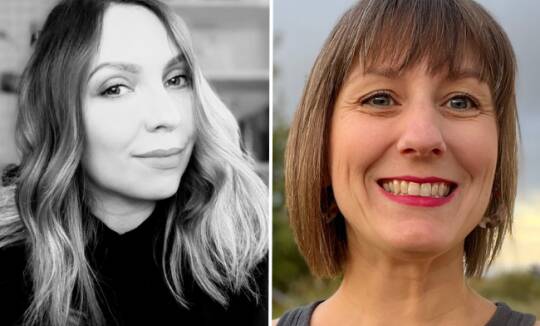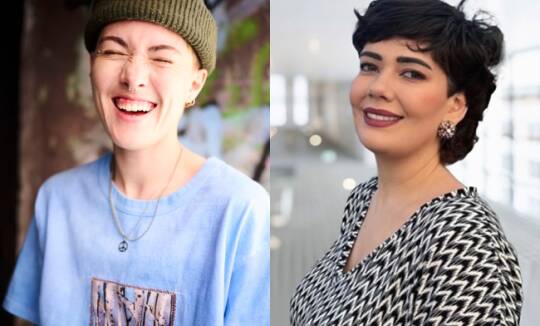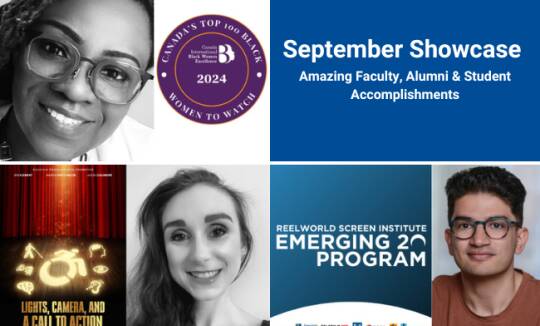Yorkville University’s Dr. Kimber Shelton recently collaborated with an expert team of Black female clinicians, researchers, and medical professionals on a new text that explores the mental health needs of African American women and their treatment interventions.
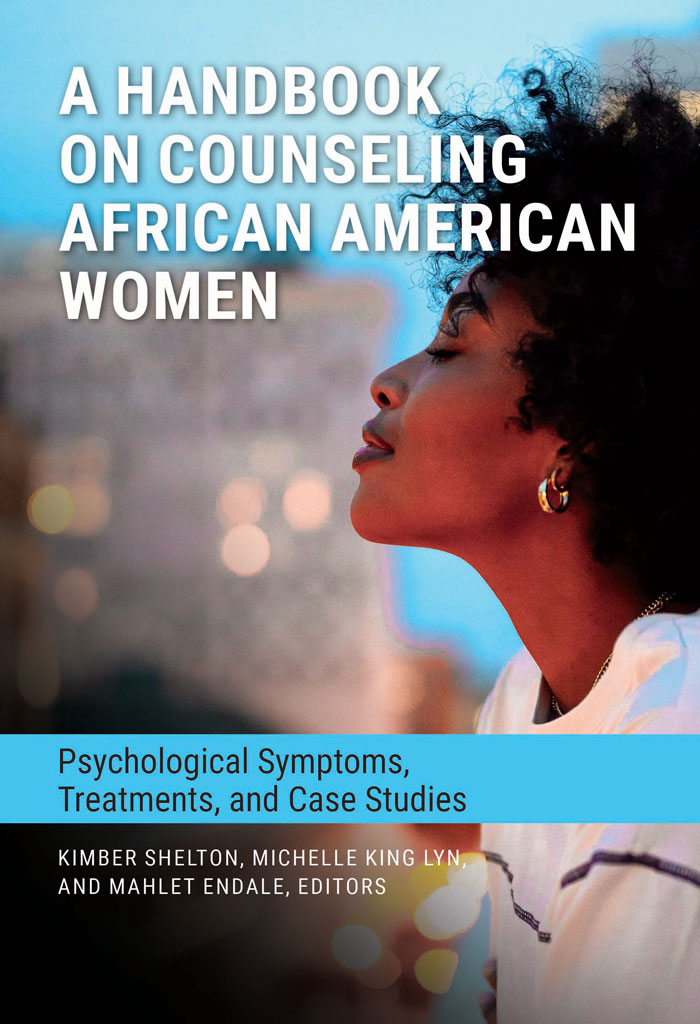
Published earlier this month by Praeger, A Handbook on Counseling African American Women: Psychological Symptoms, Treatments, and Case Studies provides mental health professionals with a detailed overview of the mental health issues that Black women face, as well as the best approach to culturally competent psychological practice through an intersectional and inclusive lens.
“This provides a historical context of how the lived experiences of Black women contribute to mental wellness, identifies effective psychological practices in working with Black women, and challenges readers to advance their cultural competence, while providing culturally affirming care to Black women,” Praeger’s synopsis of the 325-page text reads.
“Additionally, this text is inclusive of sexual orientation and gender identity diversity, and it honours the diversity within Black women’s identities, relationships, roles, and families.”
The text, which Shelton co-edited alongside Michelle King Lyn and Mahlet Endale, additionally features:
- An expansive review of mental health issues and illnesses impacting Black women
- Major treatment modalities and theoretical orientations
- Case studies that make theory and models applicable to direct mental health service
- Detailed experiences of women within the African diaspora that address the specific identity-related needs of Black women
Shelton, who’s a member of Yorkville University’s Master of Arts in Counselling Psychology faculty, recently sat down to discuss A Handbook on Counseling African American Women with us. Here’s what she had to say:
1. What was the impetus behind A Handbook on Counseling African American Women? What spurred you and your co-editors to embark on publishing it?
The societal intersection of race and gender complicates the mental wellness of Black women. Black women are magical and unicorns, thus we cannot ask for help and support. Black women are strong and matriarchal; therefore, self-care is seen as being selfish. Black women navigate in worlds where we are judged as unprofessional for having natural hair, where our assertiveness is labelled as aggression, and where our bodies and styles are criticized, but later made into high fashion and trends to others. It is not hard to be a Black woman; however, navigating gendered racism, sexism, and trauma impacts the mental well-being of Black women.
It is challenging for Black women to seek therapy for all these reasons. When they do, we want Black women to be met by culturally competent practitioners who understand and appreciate the lived experiences of Black women. As well as being knowledgeable about sociocultural issues impacting Black women’s wellness and utilizing culturally responsive therapeutic tools, practitioners also have to do their work in addressing internalized biases and misinformation they hold about Black women.
In our combined education, training and clinical practice, we co-editors recognized a gap in the quality of mental health services provided to Black women. Therefore, we embarked on this journey with the hopes of creating a handbook that will be a resource for mental health professionals committed to creating healing and transformative therapy relationships with Black women.
2. Talk about the scope of the book and the breadth of subject matter it touches upon.
There is much for practitioners to gain in the four main sections of this book. Chapters go beyond only providing theory and background. This handbook includes exercises, concrete resources, and self-awareness prompts, so that the material is practical and can translate into immediate practice. It was particularly important to include case studies to demonstrate what strength-based and culture- and gender-responsive treatment with Black women looks like in practice.
The first section of the book focuses on cultural competence and intersectional approaches in working with Black women. In this section, readers will gain strategies for developing intersectional and culturally competent skills in rapport building, assessment, interventions, and case conceptualization.
The second section of the book covers common mental health issues Black women experience. Through a sociocultural lens, this section explores systemic and individual variables that impact the mental wellness of Black women.
The third section explores different therapy formats and models—the handbook details culturally responsive treatment in individual, family, group, and inpatient care.
The final section of the handbook addresses specific identity issues and needs. Again, this book focuses on practical application, therefore readers are left with specific resources in providing competent practice to sexual orientation and gender identity minorities, Black women with disabilities, students, and multiracial Black women.
3. Tell us about the expert team of Black women clinicians, researchers, and medical professionals you brought together as co-editors/contributors to the book and how they all came to be involved?
After my co-editors and I developed our table of contents, there were a few chapters that we knew we wanted specific individuals to write. Fortunately, we reached out to these experts and they gladly accepted. All additional chapter authors responded to a call for submission. The received submissions showed outstanding scholarship, which made it difficult to select final authors, yet let us know that the finished handbook would be a meaningful contribution to the mental health field. The book contributors are award-winning mental health professionals, sit on major psychological boards and committees, appear on major media outlets, have successful practices, and work at recognized universities and organizations.
Contributors have great professional diversity; professional backgrounds include psychologists, counsellors, marriage and family therapists, nurse practitioners, educators, and researchers. However, consistent with all contributors is a commitment to improving the mental health treatment of Black women through direct client care and challenging systemic barriers in the mental health field.
4. Who is the book’s primary audience and what do you hope their main takeaway from reading the text is?
The book is developed for any professional, student, educator, or administrator who provides mental health services to Black women. This includes, but is not limited to, psychologists, counsellors, marriage and family therapists, social workers, psychotherapists, psychiatrists, psychiatric nurses, and trainees. This book is for health professionals who are focused on providing culturally competent and culturally-oriented services to Black women. From the handbook, we hope readers develop strength-based practices that celebrate Black women’s resilience, honour their Blackness, and empower change.
5. Is this an important handbook for our Master of Arts in Counselling Psychology (MACP) and Doctor of Counselling and Psychotherapy (DCP) students to read? Why?
The handbook supports the MACP and DCP program’s overall mission of training mental health professionals able to provide culturally competent and inclusive services, including services provided to Black women. Although this textbook is written from a U.S. perspective and Black women are not a monolithic group, identifying within the African diaspora intimately connects Black women. According to Statistics Canada (2022), within 20 years, the Black Canadian population has doubled, is mostly female, and is projected to make up 5-5.6 per cent of the Canadian population by 2036. In working with this quickly growing population, it is important for MACP and DCP students to recognize the specific mental health needs of Black women living in Canada.
A Handbook on Counseling African American Women is currently available on the Praeger website here and is available for pre-order on Amazon here.
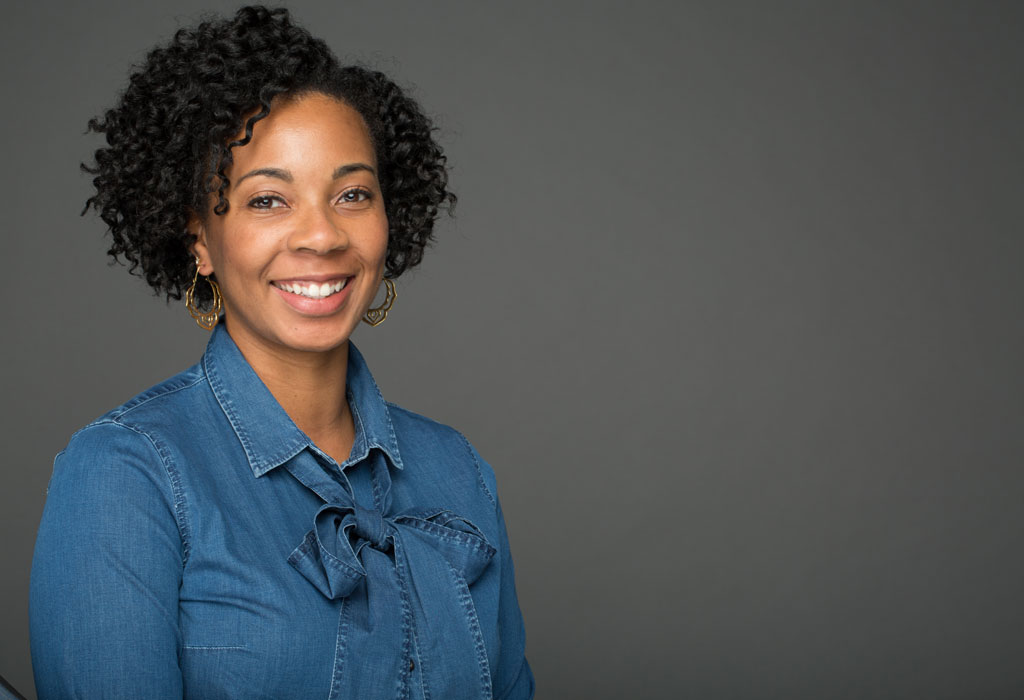
About Dr. Kimber Shelton:
Kimber Shelton, PhD, is a licensed psychologist and owner of KLS Counseling & Consulting Services. She is also an adjunct professor at Yorkville University and an international speaker providing professional training and workshops to businesses and organizations. Dr. Shelton co-authored The College and University Counseling Manual, in addition to articles in Journal of Counseling and Development, Journal of Multicultural Counseling and Development, Psychology of Women Quarterly, and Texas Psychologist. She is a fellow of the APA Minority Fellowship Program and former co-chair of the Diversity Division of the Texas Psychological Association.




